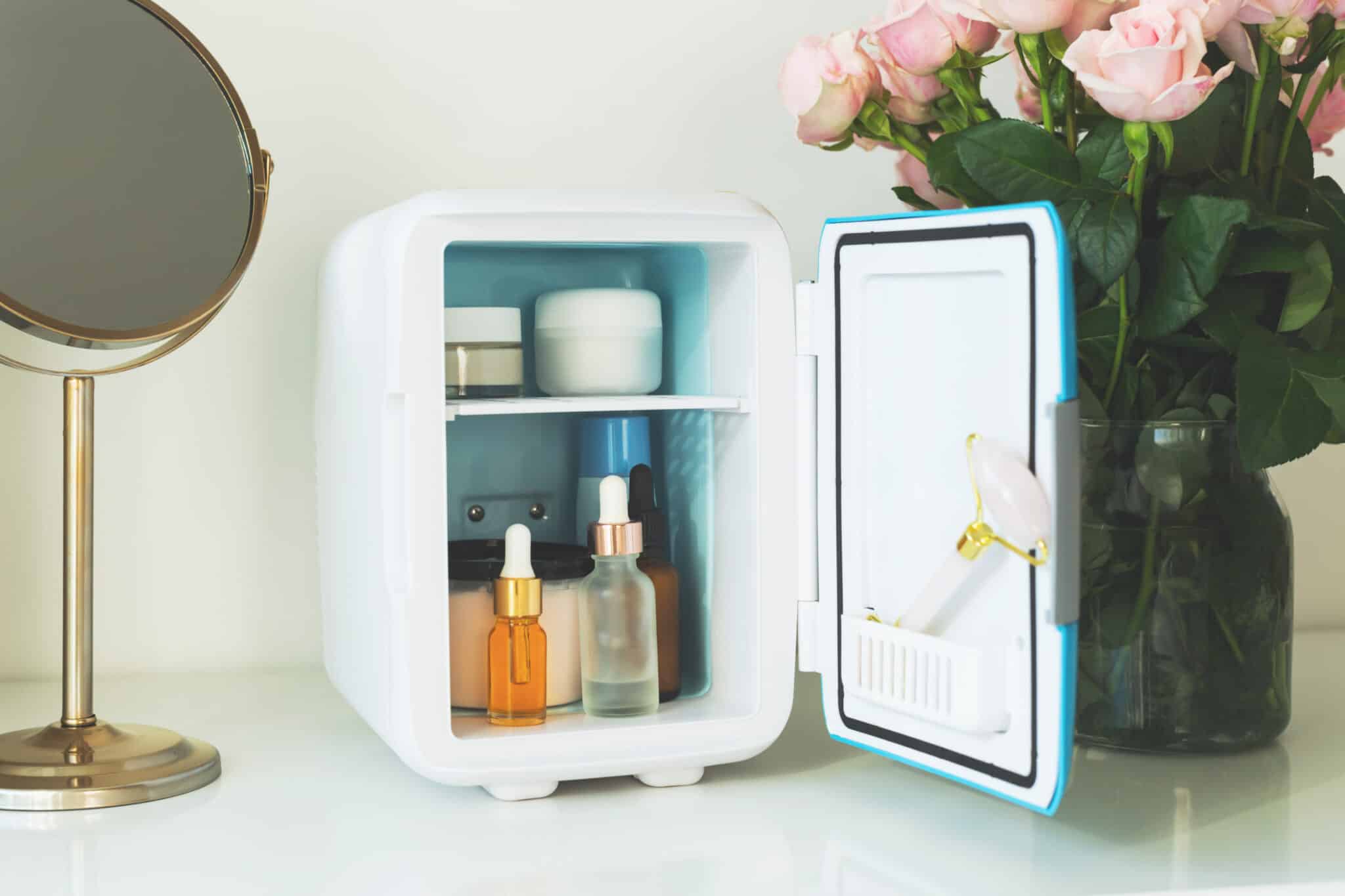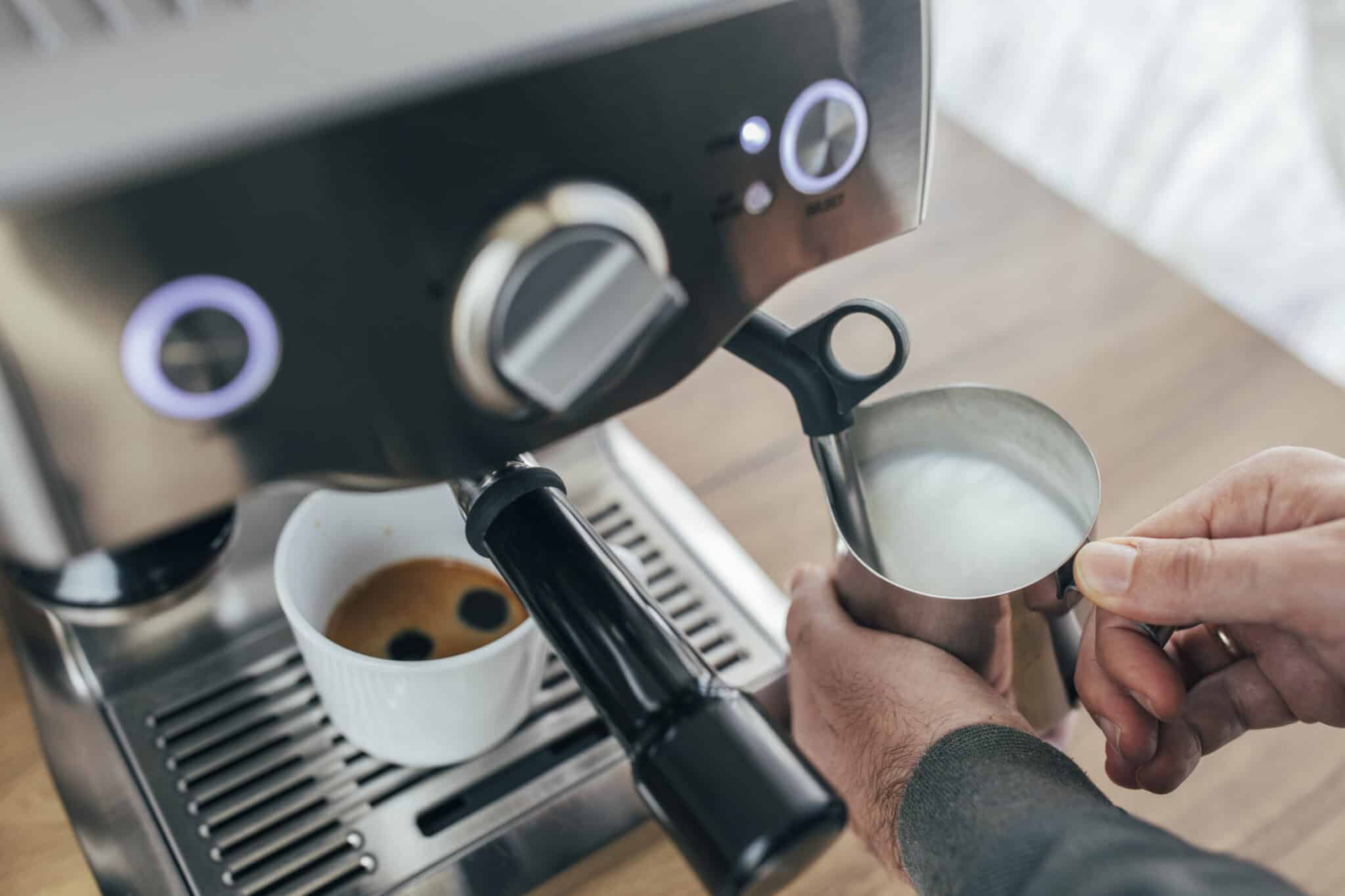Plugging an electric guitar into an amp allows you to unleash the full potential of its sound. A guitar amp (or amplifier) is an electrical device that pulls in sound and manipulates it. The amp can make the sound louder or change its properties. Then, it sends the sound through an output—often a large speaker.
An amp lets a guitarist alter their sound, play with effects, and fill the room with sound. Guitar amps come in many shapes and sizes, with over 250 million different amps to choose from.
That’s a lot of choices, and it can be overwhelming. We hope our guide to choosing the best guitar amp will help.
1. Learn About the Different Types of Guitar Amps
Understanding the differences between different guitar amp types is essential. There are four main types of amps:
- Solid-state guitar amps: They are also known as analog amps and use transistors in their power supply and preamp configuration. These kinds of guitar amps produce a clean sound and hardly require repairs, which is why these durable and reliable amps are a top choice for musicians on the road.
- Tube amps: Tube amps use vacuum tubes to boost signal power and volume. Their sound is often described as warm or fat. They’re louder than solid-state amps and produce a more natural texture. Tube amps allow players to switch between clean and distorted sounds. These amps are large, heavy, and require more maintenance than solid-state options.
- Modeling amps: This type of guitar amp relies on software to replicate the sound of multiple vintage tube amps. Many modeling amps come with built-in effects. They’re also more lightweight than their counterparts and often more durable.
- Hybrid guitar amps: These offer the best of solid-state technology and vacuum tube amps. They use solid-state circuitry in the power supply and a tube in the preamp.
Combo Amps vs. Amp Head & Cab
As well as different styles of amps, there are different ways to group all of your audio devices. For example, combo amps are one unit that combines:
- Speakers
- Amp
- Preamp
The last item on that list, the preamp, is effectively just another (usually smaller) amplifier. It helps boost the “clean” sound signal coming in, so that the main amp doesn’t distort or disturb the sound that ultimately gets sent out through the speaker.
Meanwhile, you can also choose a configuration that features an amp head connected to a separate speaker cabinet (cab).
Most guitarists practicing at home or on the road prefer combo amps for their size and portability. These amps also offer added extra features like input jacks so you can play along to your favorite recordings.
2. Your Guitar Amp Should Fit the Type of Music You Play
The kind of musician you are should influence your choice of a guitar amp. This is because an amp can impact the sound of an instrument. Before you buy an amp, ask yourself the following questions:
- Do you love one genre more than the others?
- Do you play alone or in a band?
- Do you play an amplified acoustic guitar or an electric one?
Amps that produce a smooth and clean sound are perfect for players who focus on jazz, indie rock, and pop music. Other amps create more texture with buzzing and distortion. These units are the preferred choice for classic rock, metal, and punk.
Guitar amps have personalities, and you need to ensure that your amp matches the personality of you and your band. Rather than choose the first amp at the store, take time to try out different amps and find one that works for your music.
Many new players need time to find their signature style before committing to an instrument, and a guitar amp is just an extension of your instrument. An amp with a more versatile sound profile gives you room to experiment and develop your sound.
3. Your Guitar Amp Size Should Fit Your Space
It’s also important to keep size in mind when shopping for a guitar amp. This includes the size of your practice space and whether you intend to carry the amp to gigs. If you already play gigs, consider the venue size and amplification you need to fill the space.
If you’re shopping for a practice guitar amplifier, check out models that have a headphone jack. This is extra important if you have roommates or live in a small apartment so you can practice without disturbing the neighbors. A small practice amp measuring eight to 12 inches may be all you need if you’re a new guitar player.
Smaller guitar amps are also great for portability. They can easily pack up and transport to a gig venue or practice sessions. Some models even have built-in effects, meaning you don’t have to sacrifice versatility for portability.
4. Understand Guitar Amp Wattage & Its Relationship to Your Space
There are many misconceptions about guitar amp wattage, such as loudness doubles when you double the wattage.
Most amps are 30-100 watts, and a 30-watt amp is only 5 decibels quieter than a 100-watt model. Generally speaking, you don’t really need an amp that uses more than 20 amps if you play at home.
Similarly, a smaller wattage is better if you intend to use the amp in a recording situation.
Deciding on guitar amp wattage goes hand in hand with speaker configuration. Most amps sound best when turned up halfway. That said, you want to ensure that the speakers are rated for the amount of wattage your amp will produce. Popular speaker configurations include:
- One 12-inch speaker
- Two 12-inch speakers
- Four 12-inch speakers
For beginners, one- and two-inch speaker configurations are generally sufficient.
5. Learn About Guitar Amp Tones & Effects
Looking into tones, effects, and other special features can help you decide which guitar amp to purchase. Many models offer basic digital effects like:
- Tremolo
- Reverb
- Effect loops
Amps also offer channel switching, which lets players switch between clean and distorted sounds. Other features can include a stereo audio equalizer (AKA EQ control), which allows you to adjust sound by frequency for each channel, as well as outputs for digital recording.
Guitar Amps Are a Game Changer
The right guitar amp can change your relationship with a guitar and completely transform your live performances. The right amp can help you get the most out of your instrument and take your music in a new direction.
Many beginners end up with the wrong amp because they spend too much on fancy amps with features they don’t really need. But you can get your musical journey off to a great start by carefully considering which guitar amp will work best for you based on our guidance above.






